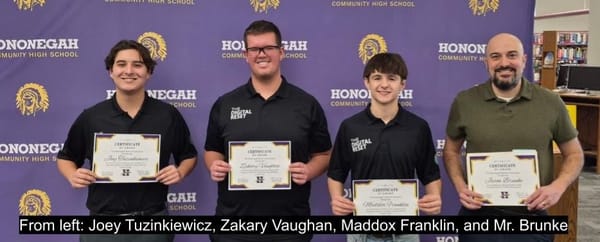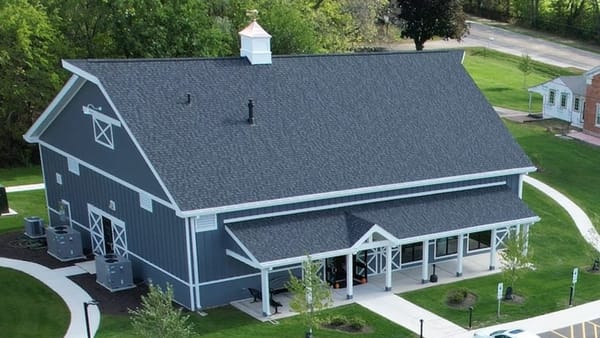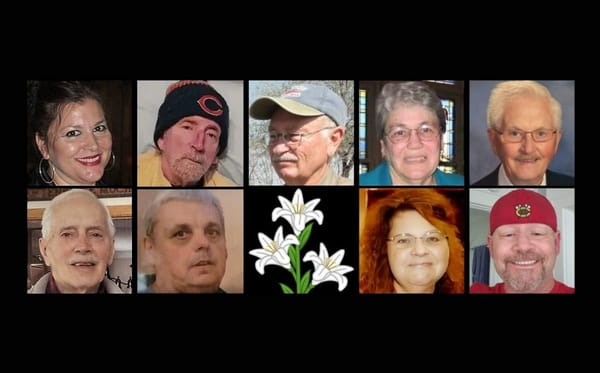Stateline Mass Transit District charges $3 a ride, but its costs are quite a bit higher
The SMTD received more than one million dollars in subsidies and served 22,500 rides.

Ridership at the Stateline Mass Transit District is not yet back to pre-COVID levels but according to information provided by executive director Sharon Hecox, the numbers are "inching back up." In March, their buses provided over 1,600 on-demand rides. The Stateline Mass Transit District has served riders from South Beloit, Rockton, and Roscoe since its founding in 2008. Most of them pay half fares: seniors, disabled, and youth under 16. Children under 7, as well as personal care attendants, ride free when accompanied by a fare-paying customer. The buses make it possible for riders to travel between Rockford and Beloit.
Riders for this on-demand service need to register before calling to schedule a ride. All residents of Roscoe, Rockton, Rockton Township, Roscoe Township and South Beloit are eligible for service within the SMTD service area as well as to Rockford Mass Transit District's Hwy. 173 bus stop (at Target) and Beloit Transit System's Shirland Avenue bus depot. SMTD also provides trips for its residents into the Rockford or Beloit area for medically necessary trips, and to employees who work within the district boundaries but live outside them. The SMTD doesn't have enough funding to completely fill the gaps between Loves Park, where the Rockford Transit District ends, and Beloit, which has its own transit system.
These services wouldn't be possible without government subsidies and contributions. As previously reported last week, the Village of Roscoe is holding off on their $20,000 annual payment to the SMTD until they receive some documentation on how the money is being used. On May 7, Roscoe News requested an annual report, a list of trustees, and financial and ridership information from Hecox, who is also the office manager and General Assistance Caseworker for Rockton Township. In response to what she called our "verbal FOIA request," she sent financial and ridership information up to March 2021. Roscoe News forwarded it to local government officials, in case the Village of Roscoe wasn't the only entity that hadn't seen it.
In March, 463 rides were at full fare, bringing in $1,389 in revenue, and 1,224 were at half fare, bringing in $1,836, according to the SMTD records. There were 12 no-shows. SMTD didn't report any full-fare rides for Roscoe Township. The SMTD brought in $36,121 in fares for the fiscal year ended June 30, 2020, serving 22,491 rides. The total expenses were $1,252,836 for the year, with revenues of $1,314,001, including $75,000 a year in subsidies from local governments.
According to SMTD records calculated from these numbers, each $3.00 ride actually costs $52.09. Half-fare rides are "billed" at $34.48. But Hecox says, "If our focus is on the numbers, it does a disservice to those who have a need," many of whom are our "most vulnerable" citizens. Because of the SMTD, she says, "transit-dependent" clients don't have to ask others to give them a ride, taking a strain off relationships, particularly for seniors. "When you have to rely on someone else, you feel that you're imposing... This has given them so much more freedom." She says the SMTD needs the local moneys to draw down more government support.
Before COVID, the SMTD had 2,600 riders a month, compared to 1,600 in March 2021. COVID has affected revenues as well as ridership. In fact, between March 30, 2020 and August 10, 2020, the SMTD waived all fares - they didn't charge riders at all. But because of that, Hecox says, their riders now know "they can depend on us" even in tough times. And these services will become more important as Baby Boomers age and the number of seniors increase.
Hecox says a new contactless Token Transit App "has gone over really well." It lets riders purchase fares using their smartphone. The SMTD is following all the high maintenance protocols required by the health departments. Since COVID began, the number of new rider applications actually increased: "new people," says Hecox, "who didn't need it in the past."





